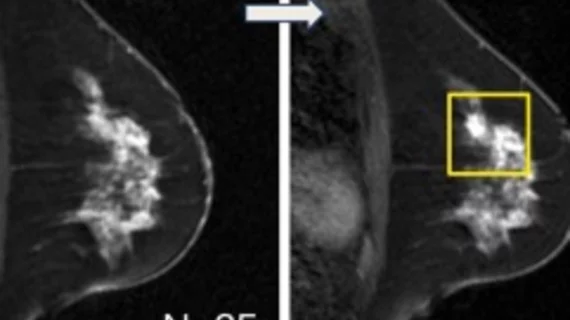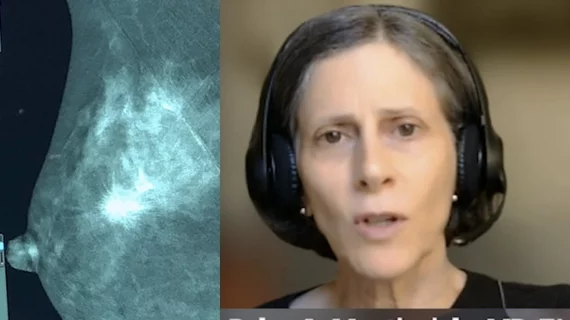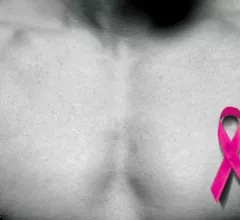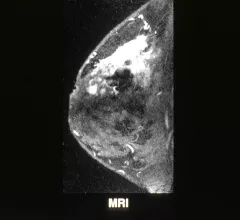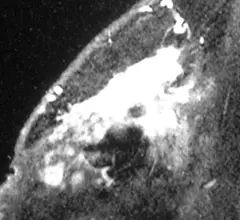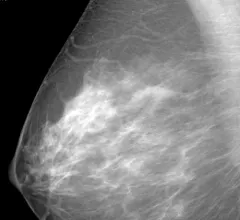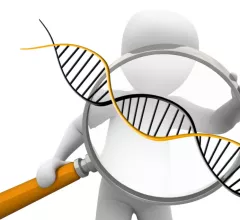Breast MRI
Magnetic resonance imaging of the breast (breast MRI), commonly used for dense breasts, is a highly accurate imaging modality for detecting early breast cancer and other abnormalities without using excess radiation. It’s often used alongside digital mammograms and digital breast tomosynthesis to offer detailed visualization of breast lesion margins.
Displaying 65 - 72 of 129
